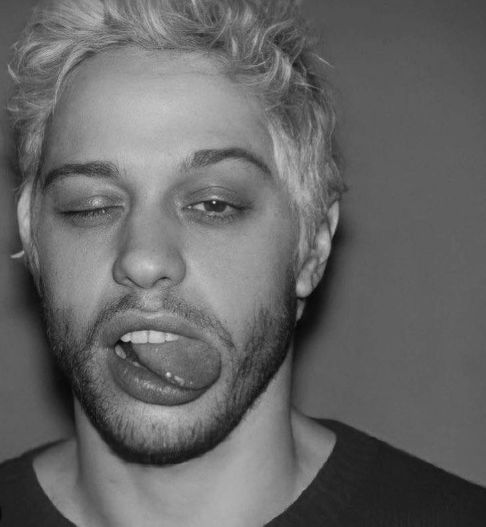When Leading By Example Gets You Punished.
Recently, Pete Davidson has made headlines by checking himself into rehab once again. While some media outlets may cast this in a negative light, it’s essential to understand why seeking help is a commendable and positive step. Davidson’s decision underscores the importance of recognizing when help is needed and taking proactive measures to address mental health and addiction struggles.
Its been the long game for tabloid publications to dramatize and profit off the downfall of celebrity where steps such as rehabilitation are ones to be celebrated. Anyone who has been through real therapy knows that having a ‘safe plan‘ is part of any journey to recovery and its most likely clear that Pete is well aware of his triggers.
Pete Davidson’s Struggles with Addiction
Pete Davidson has been open about his battles with mental health and addiction. His struggles have been well-documented, including his diagnosis of Borderline Personality Disorder (BPD) and his history with substance abuse. Davidson has often used his platform to speak candidly about his experiences, helping to reduce the stigma surrounding mental health issues.
In the past, Davidson has discussed using drugs to cope with the pain and trauma in his life, including the loss of his father in the 9/11 attacks. His substance abuse has led to multiple stints in rehab, as he strives to manage his mental health and stay sober.
For more on Davidson’s past struggles and how they have shaped his journey, you can read this comprehensive article from Rolling Stone.
The Positive Aspects of Seeking Help
- Acknowledgement of the Problem: Recognizing the need for help is the first and most crucial step towards recovery. By checking himself into rehab, Davidson is acknowledging that he needs professional assistance to manage his addiction. This is a sign of strength, not weakness.
- Proactive Management: Entering rehab proactively demonstrates a commitment to getting better. It shows that Davidson is taking responsibility for his health and is willing to do the work necessary to maintain sobriety.
- Role Modeling: As a public figure, Davidson’s actions can inspire others who are struggling with similar issues. His transparency about his struggles and his willingness to seek help can encourage others to do the same, potentially saving lives.
- Stigma Reduction: By openly discussing his mental health and addiction issues, Davidson helps to reduce the stigma associated with these topics. This can lead to more people feeling comfortable seeking help without fear of judgment.
- Long-Term Benefits: Rehab provides a structured environment where individuals can receive comprehensive care, including therapy, medical support, and coping strategies. This can significantly improve the chances of long-term recovery.
For more information on the benefits of rehab and why it’s a positive step, check out this resource from Verywell Mind.
“Pete regularly goes to rehab for ‘tune ups’ and to take a mental break, so that’s what’s happening,” one insider explained, with another adding, “Anyone who knows Pete knows that he will always step up and get help when he knows he needs it.”
A Different Perspective
Davidson’s journey highlights a crucial point: recovery is not a linear process. It involves ups and downs, and sometimes, setbacks are part of the journey. What matters most is the resilience to keep moving forward and the courage to seek help when needed.
In a society that often glorifies self-reliance and stigmatizes mental health struggles, Davidson’s decision to enter rehab is a powerful reminder of the importance of self-care and the need for a supportive community. His actions challenge us to rethink our perceptions of addiction and mental health, emphasizing that seeking help is a sign of strength and an essential part of the healing process.
Pete Davidson’s willingness to seek help serves as an important reminder: acknowledging the need for help is a brave and vital step towards recovery. His journey is a testament to the power of resilience, the importance of support, and the ongoing battle many face with addiction and mental health issues. Let’s applaud his courage and use his example to foster a more understanding and supportive environment for all those who struggle.
